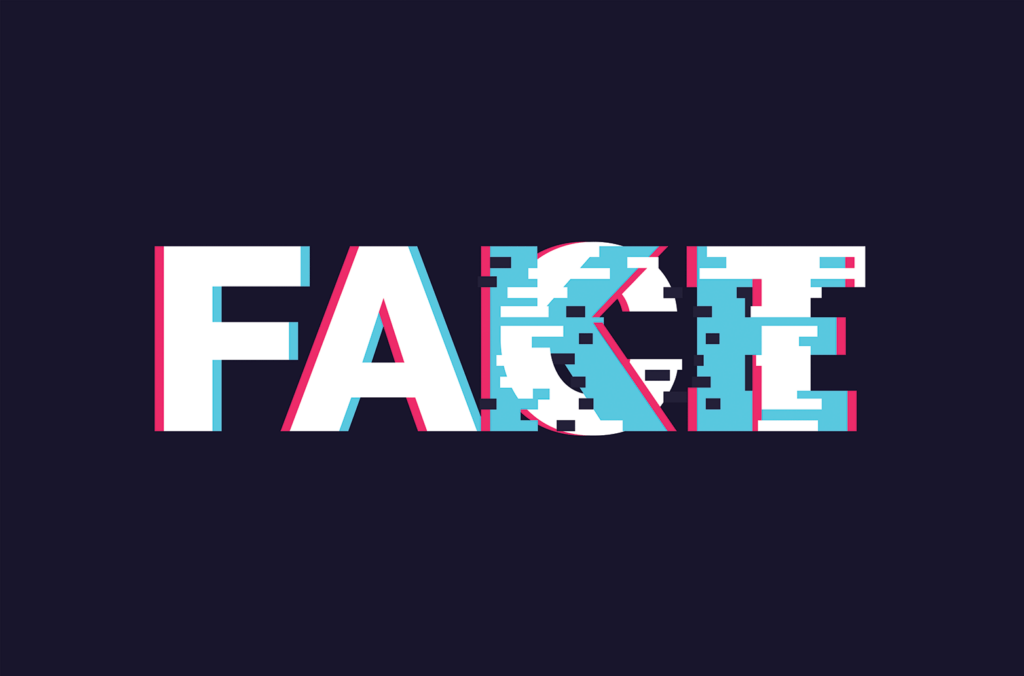
Last summer, I was at a work dinner when our conversation turned to Imane Khalif, Algeria’s first-ever Olympic gold medalist in women’s boxing. Unfortunately, Khalif’s win sparked transphobic comments and questions about her genetic eligibility. My highly respected colleague argued that transgender women shouldn’t be allowed to compete in women’s sports, citing Khalif’s landslide victory as evidence. Despite my repeated inquiries, the conversation had quickly moved on to that week’s fencing highlights.
Later, news stories dispelled misinformation about Khalif’s gender identity, proving my colleague wrong. Did they notice? There is no way to know for sure. In our fast-paced news cycle, information is delivered and shared rapidly across social media. But how much of it is accurate? By the time we find out, many have already moved on.
In 2023, 44 percent of Canadians got their news or information from social media accounts unaffiliated with government, scientific, or news organizations, according to Statistics Canada’s Survey Series on People and Their Communities. The survey also recorded that 43 percent of Canadians found it harder to distinguish between true and false news or information (compared to three years earlier).
Freelance writer and former fact-checker Ali Amad experiences this with his 70-year-old father, who is obsessed with TikTok and notorious for sending him videos from conflict zones. “It might be accurate but there’s no way of actually knowing,” he says. “It’s just a video that some random account posted, and you don’t know where the information came from.”
Amad started fact-checking as an intern at Toronto Life after completing Humber College’s postgraduate accelerated journalism program in 2016. He left at the end of 2023 because he felt insufficiently compensated for its demanding processes. Given the decreased size and increased demands of newsrooms, Amad says proper fact-checking will likely diminish and lead to unintended mistakes.
“You’re expected to be posting things all the time so you can fill the infinite scrolls people use on social media,” he says. “There’s no way you can practically implement a rigorous fact-checking process because you need to put things out faster.”
As more people turn to social media for news, they become trapped in information echo chambers. Canada’s Online News Act (Bill C-18) requires platforms to pay for Canadian news content, but Meta’s firm stance against the law has resulted in the blocking of Canadian news, leaving readers without access to reputable news sources and mostly unchecked information.
As of January 7, Meta announced it would remove fact-checking due to “too many mistakes and too much censorship.” Instead, it will be replaced with “community notes,” a system where users decide when posts are potentially misleading. However, this could be problematic when someone’s personal bias determines what is or is not misleading. “Facts have become political or value-based, so people will believe something because it feels right or it resonates with their perspective on the world,” says Amad.
The solution? Check your facts. Seek out credible sources. Very information from multiple perspectives. Question your own perspectives. In a world where misinformation spreads rapidly over social media, challenge assumptions about why you are shown something on your feed. Remember: the truth isn’t about what feels right—it’s about what withstands scrutiny and reason.
About the author
Marina is in her final year of the Master of Journalism program, overseeing The Review’s production schedule and ensuring all teams are on track to meet their goals. She is an editorial writer and photographer through her business, Marina Black Media, and co-produced for The Agenda with Steve Paikin during her internship at TVO. When she’s not walking her beat, she’s curled up with a book and her cat, Felix.

